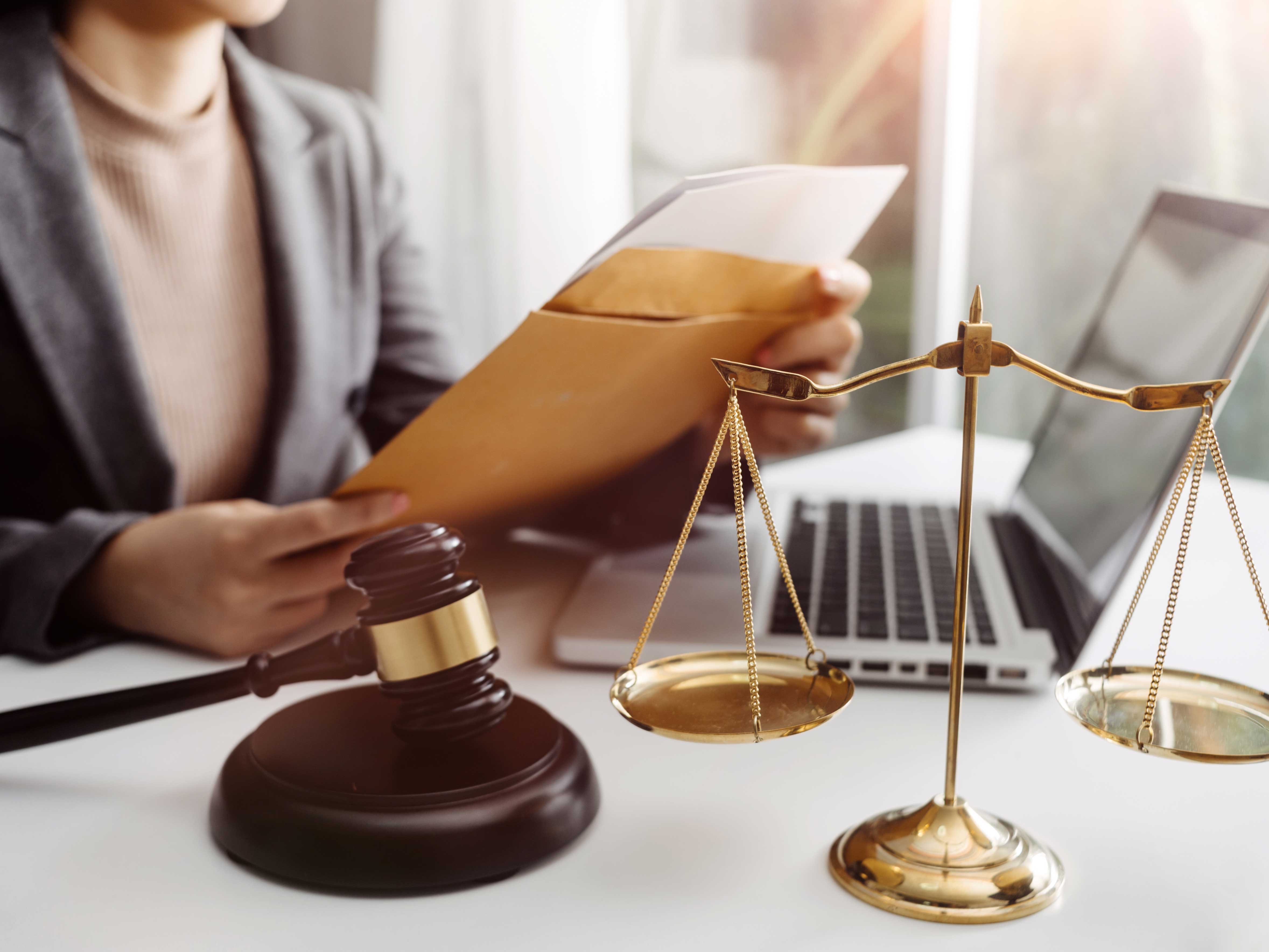01 October 2021
5 min read
#Government, #Dispute Resolution & Litigation
Published by:

Legal professional privilege is the shorthand description for the doctrine that allows a client to resist disclosure of certain communications made by a client’s lawyers in the exercise of that lawyer’s services to that client.
Government lawyers will be familiar with the elements required to make out a claim of privilege. Generally, it must be demonstrated that:
In practice, making out a claim of legal professional privilege will generally require that the communication has passed between the legal adviser and client. The intentions of the parties to the communication (objectively ascertained) will inform the assessment of whether the legal-adviser-and-client relationship exists.
To be a ‘legal adviser’ in relation to a client, the adviser must be giving advice ‘in their capacity’ as a professional legal adviser, and must be acting competently and independently. This level of independence has been described as an observance of “professional detachment”, “objective impartiality”, or an “absence of fear or favour”.
Government lawyers, who are generally employees of their client, can claim privilege on behalf of their employer. However, government lawyers are at risk of failing to demonstrate the elements of the claim where the requisite level of independence from their employer organisation has not been maintained. It is, therefore, important that as government lawyers, independence can be demonstrated and that the role being performed is a legal role (appropriately supervised) and not a policy or commercial role.
If privilege can be established, a common issue for government lawyers is exactly when and how privileged information can be shared safely within a department, within broader government agencies and externally with third parties without the loss of that privilege.
Lawyers within federal government agencies can share legal advice between departments without waiving privilege. The Legal Services Directions 2017 and section 55ZH of the Judiciary Act 1903, when read together, provide that disclosing privileged material to another department does not amount to disclosure to a ‘third party’ and therefore, no question of waiver arises.
However, this does not mean that in sharing this material, you can disregard the requirements for maintaining legal professional privilege. Best practice here could include:
In contrast, the above provisions do not apply when legal advice is shared with government business enterprises (GBEs) or other third parties. In this case, it will be necessary to demonstrate how privilege has been maintained. This may require, for example, demonstrating that:
When and how privileged material can be shared with such third parties, without loss of privilege, requires careful assessment at each instance.
Whilst the ultimate assessment of whether privilege has been established and maintained will be determined on a document-by-document basis if it is ever challenged, there are some steps that government lawyers can take to express the intention that:
Remember:
Disclaimer
The information in this publication is of a general nature and is not intended to address the circumstances of any particular individual or entity. Although we endeavour to provide accurate and timely information, we do not guarantee that the information in this article is accurate at the date it is received or that it will continue to be accurate in the future.
Published by: